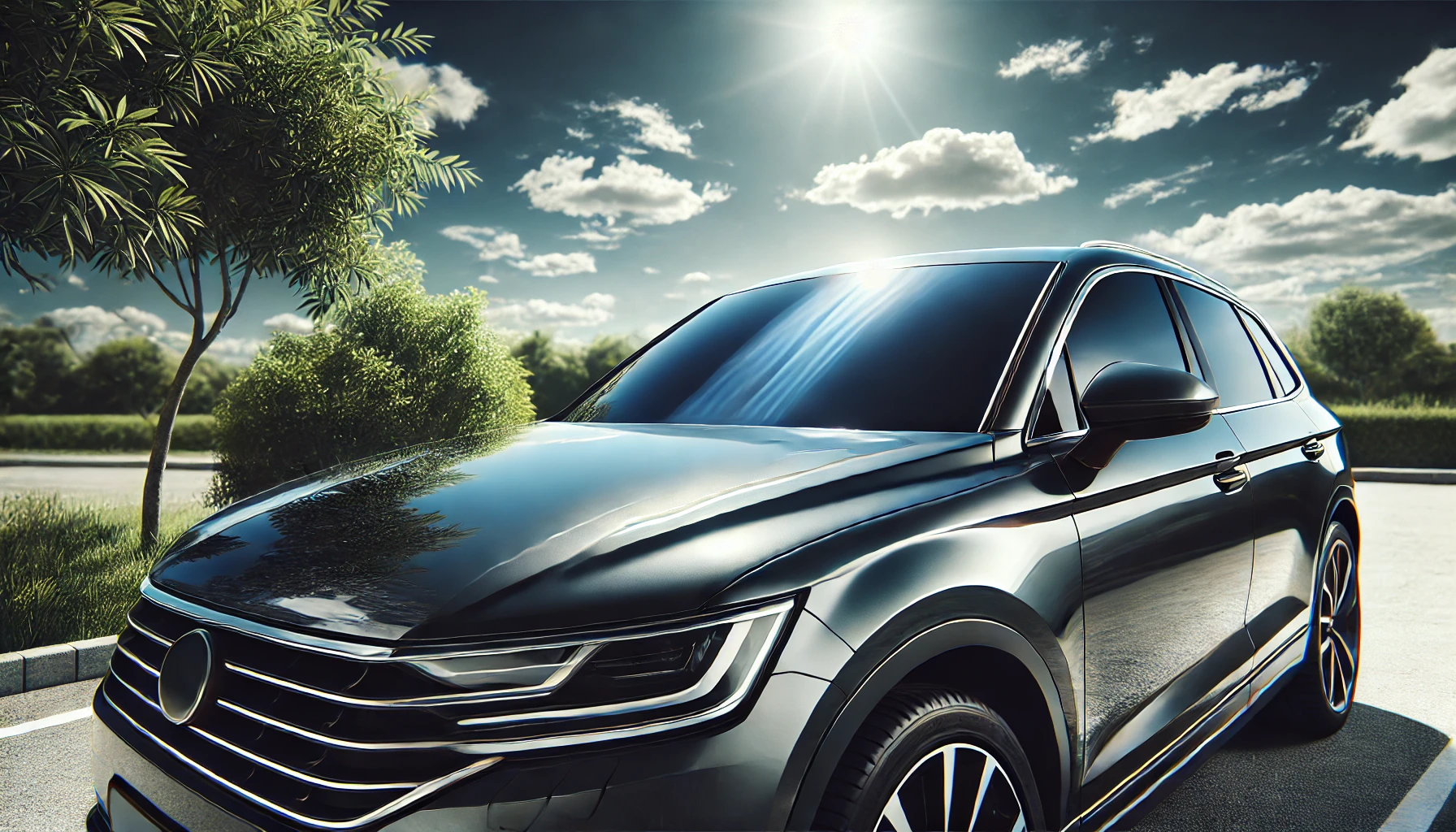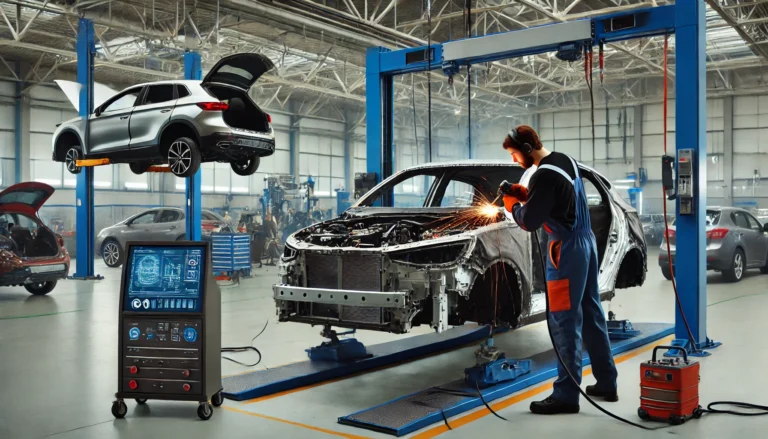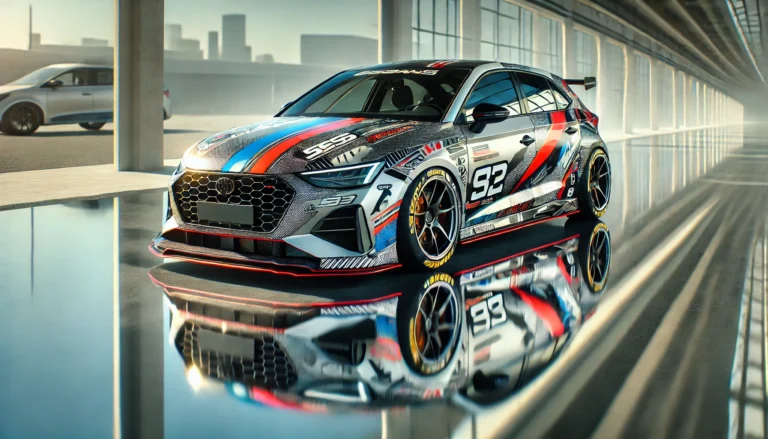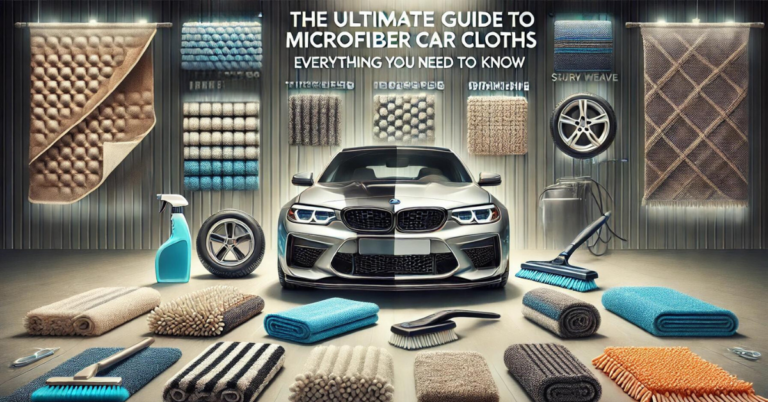Car window tinting is more than just a stylish add-on for your vehicle. It’s a functional upgrade that can improve comfort, protect your health, and even enhance your car’s safety. Whether you’ve just bought a new car or are looking to improve an older one, window tinting offers a range of benefits that go beyond aesthetics. In this guide, we’ll explore everything you need to know about car window tinting, from its types and benefits to legal considerations and maintenance tips.
Benefits of Car Window Tinting
Heat Reduction and Improved Comfort
One of the most practical benefits of window tinting is its ability to reduce heat inside the vehicle. Tinted windows help block the sun’s rays, keeping your car cooler during hot weather. This can reduce the need for air conditioning, saving energy and improving fuel efficiency over time.
Enhanced Privacy and Security
Tinted windows offer an added layer of privacy by making it harder for people outside to see into your vehicle. Whether you’re parked in a crowded area or driving through the city, window tint provides peace of mind, knowing that your belongings are less visible to potential thieves.
UV Ray Protection
Harmful UV rays can cause skin damage, even while you’re inside your car. Quality window tinting can block up to 99% of these rays, reducing your risk of skin cancer and preventing the interior of your car from fading or cracking due to sun exposure.
Aesthetic Appeal and Customization
Tinting your car windows gives it a sleek, custom look that can complement its design. Depending on your preference, you can choose from various shades and finishes that align with your personal style, giving your vehicle a distinct edge.
Glass Shatter Protection in Case of Accidents
Tint films can also hold shattered glass together in the event of an accident, minimizing the risk of injury from flying glass shards. This added layer of protection is particularly valuable for safety-conscious drivers.
Types of Car Window Tint Films
Choosing the right tint can feel overwhelming with so many options available. Let’s break them down:
Dyed Window Tint
Dyed tint is the most cost-effective option. It uses a layer of dye to absorb heat and reduce glare. However, it may fade over time and offers less heat reduction compared to other tints.
Metalized Window Tint
This type of tint contains small metallic particles that reflect heat and UV rays. It’s durable and effective, but the metal can sometimes interfere with GPS and cell phone signals.
Carbon Window Tint
Carbon tint provides a matte finish and excellent UV protection. It doesn’t fade as easily as dyed tints and offers improved heat reduction, making it a popular middle-ground option.
Ceramic Window Tint
Ceramic tints are top-of-the-line and offer the best performance. They provide superior UV protection, reduce glare, and don’t interfere with electronics. However, they tend to be more expensive.
Hybrid Window Tint
A mix of dyed and metalized tint, hybrid films offer a balance of performance and price. They provide good heat and UV protection without the drawbacks of full metalized tint.
Legal Considerations for Car Window Tinting
Understanding Tint Percentage
Tint percentages refer to the amount of light allowed through your windows. For example, a 35% tint allows 35% of light to pass through, while blocking 65%. The lower the percentage, darker would be the tine.
Different Tint Laws by State and Country
Tint laws vary significantly depending on where you live. In the U.S., states have their own regulations regarding how dark your tint can be. It’s crucial to check local laws before tinting your windows to avoid fines and penalties.
Medical Exemptions for Window Tinting
In some places, individuals with medical conditions like lupus or skin cancer may be allowed to use darker tints than typically permitted by law. If you have a medical condition that requires extra sun protection, look into applying for a tint exemption.
How to Choose the Right Tint for Your Car
Consider Your Driving Needs and Habits
Do you live in a hot climate or drive long hours during the day? Opt for a tint that offers high heat and UV protection, like ceramic or carbon tint, to maximize comfort.
Match Tint with Your Car’s Style
Tinting doesn’t just serve a functional purpose—it can also enhance your car’s overall aesthetic. Darker tints usually work well with black, white, and grey cars, while lighter shades may complement other colors.
Durability and Maintenance
Higher-quality tints like ceramic or carbon will last longer and are less likely to fade or peel. Keep in mind that these will require less maintenance in the long run, making them a smart investment.
DIY vs Professional Window Tinting
Pros and Cons of DIY Tinting
DIY window tint kits are widely available and can save you money. However, improper application can result in bubbles, peeling, or uneven tint. If you’re not experienced with the process, it’s easy to make mistakes that reduce the effectiveness and appearance of the tint.
Why Professional Installation is Worth It
Professional installers have the tools and expertise to apply tint evenly, ensuring it looks great and performs as expected. They also often offer warranties, so if something goes wrong, you’re covered.
The Window Tinting Process: What to Expect
How Long Does Window Tinting Take?
Typically, professional tinting takes about two to four hours, depending on the type of tint and the number of windows being tinted. Larger vehicles or complex installations may take longer.
Aftercare Tips for Your New Tint
After getting your windows tinted, avoid rolling them down for at least 48 hours to allow the tint to set. Clean your windows with a soft cloth and avoid using harsh chemicals that could damage the film.
Cost of Car Window Tinting
Factors That Affect Tinting Costs
The cost of tinting your windows can vary depending on the type of film, the size of your vehicle, and whether you choose DIY or professional installation. Ceramic tints are more expensive than dyed films, but they offer greater performance.
Average Prices for Different Types of Tints
Expect to pay anywhere from $100 to $800 for window tinting, depending on the type and number of windows. Dyed tints are the most affordable, while ceramic films are on the higher end of the price range.
Common Myths About Car Window Tinting
Myth 1: Window Tinting Is Only for Looks
While tinting does enhance your car’s appearance, it’s also a highly functional upgrade that improves comfort, safety, and energy efficiency.
Myth 2: Darker Tints Always Mean Better Protection
Dark tints may look cool, but they don’t necessarily offer better UV or heat protection. Ceramic tints, for example, can provide top-tier protection without being excessively dark.
Myth 3: You Can Tint Your Windows as Dark as You Want
Tint laws exist for a reason: safety. Overly dark windows can impair visibility, especially at night, and may be illegal in your area.
How to Maintain Your Car Window Tint
Cleaning Your Tinted Windows
Use a mild, ammonia-free cleaner and a soft cloth to clean your tinted windows. Harsh chemicals can degrade the film and cause it to peel or bubble.
Avoiding Scratches and Peeling
Be mindful when cleaning or handling tinted windows. Scratches can weaken the tint, and using rough materials can cause peeling around the edges.
Conclusion
Car window tinting offers a wide array of benefits, from enhancing privacy and style to protecting you from harmful UV rays. Whether you opt for a basic dyed tint or splurge on ceramic film, understanding the different types and benefits will help you make an informed decision. Always consider legal requirements, and for the best results, leave the installation to the pros.
FAQs
What is the best type of tint for a car?
Ceramic tint is often considered the best due to its superior heat and UV blocking properties.
How long does car window tint last?
With proper care, window tints can last anywhere from 5 to 10 years.
Can I remove car window tint myself?
Yes, but professional removal ensures there’s no damage to your windows.
Will tinting my windows affect visibility at night?
Darker tints can reduce nighttime visibility, so it’s important to find the right balance for safety.
Is car window tinting expensive?
The cost varies based on the type of tint and the vehicle, but prices typically range from $100 to $800.








